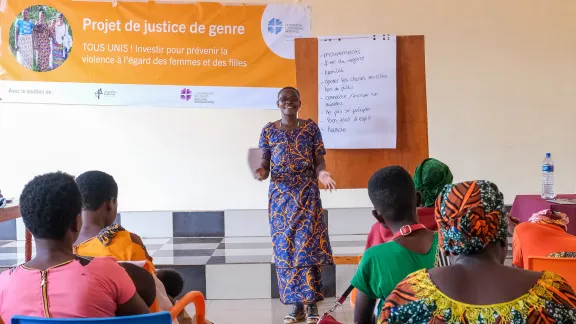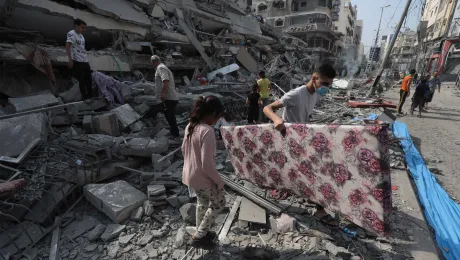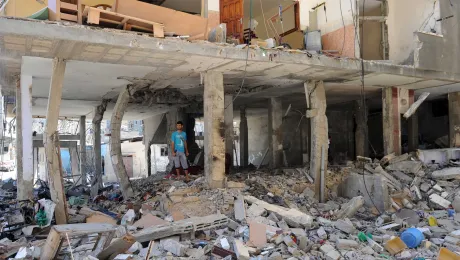A recently published toolbox of resources for implementing gender justice in churches and society forms the centerpiece of a webinar marking the 16 Days campaign.

LWF Burundi facilitates a 3-day gender justice workshop for women leaders ahead of the 16 Days of Activism campaign. Photo: LWF/L. Gillabert
LWF hosts webinar highlighting tools to support work of tackling violence against women and girls
(LWI) - How to protect survivors of gender-based violence (GBV) in circumstances where laws are weak and stigma is widespread? How to engage men and boys in the struggle for a violence-free world? How to empower communities to respond to what the United Nations has dubbed “one of the most widespread, persistent and devastating human rights violations in our world today?”
Those questions were the topic of an online workshop on 28 November, organized by the Lutheran World Federation (LWF) to coincide with the 16 Days of Activism to end gender-based violence. Women and men from LWF’s member churches and country programs around the globe took part in the discussions, sharing progress made, but also frustration that incidences of gender-based violence continue to grow.
Showcasing LWF’s long-standing commitment to tackling this issue, Senior Advocacy Officer for Gender Justice, Sikhonzile Ndlovu, urged participants to make use of the wealth of resources contained in the recently published Gender Justice Toolbox, which can be adapted for use in a variety of settings and cultural contexts. “This toolbox offers a holistic look at the different areas of gender justice work,” Ndlovu said, "from the theological foundations to international frameworks, from issues of intersectional discrimination to the mainstreaming of gender in institutional practice.”

Participants in a 3-day gender justice workshop facilitated by LWF Burundi for women leaders ahead of the 16 Days of Activism campaign. Photo: LWF/L. Gillabert
Reflecting on the toolbox chapter dedicated to preventing and responding to gender-based violence, participants discussed the importance of community-based solutions, as well as a survivor-centered approach and the inclusion of men and boys in the work to change attitudes and norms that perpetuate violence, stigma and abuse.
In some countries, respondents noted that “a deep-rooted normalization of gender-based violence persists,” meaning that few victims come forward to report incidents and compiling statistics remains challenging. Ndlovu stressed the importance of ensuring protection for survivors, “making sure that we don’t compromise their safety in our efforts to collect data.”
To Mei Ling from Hong Kong, one of LWF’s gender justice coordinators for Asia, said that “under-reporting” is widespread, particularly in countries where there is “systematic discrimination,” a lack of legislation, weak institutions and conflict at national or local level. “Survivor-centered approaches work best where there are strong legal and healthcare systems to support the victims,” one speaker noted.
Communities need to see that they are the solution to this problem.
– Betty Lamunu, gender and protection advisor for LWF South Sudan
Discussions also centered on the importance of strong community involvement in tackling the scourge of gender-based violence. Participants underlined the need to provide counseling for family members, alongside survivors, to combat stigma and ensure their full reintegration into community life. “Communities need to see that they are the solution to this problem,” said Betty Lamunu, gender and protection advisor for LWF South Sudan, “rather than expecting outside agencies to zoom in without a deep understanding of the issues and resources to be found within the community itself.”
Participants reaffirmed the need to involve men and boys “from a very early age so that they grow up with different values, rather than trying to reshape attitudes in later life.” Churches in southern Africa have been developing material for use in Sunday schools and youth groups to introduce gender justice concepts to children within safe learning environments. Colleen Cunningham, LWF’s gender justice coordinator for southern Africa, stressed it is vital to pursue “a multisectoral approach, because we have learned that the patriarchy is too strong for us to tackle on our own.”


